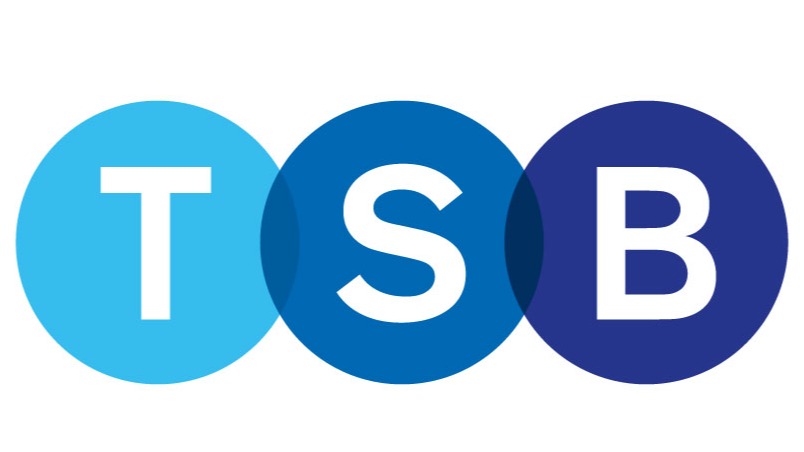The UK’s largest High Street banks have joined forces to launch a new non-profit company designed to preserve access to cash.
Barclays, Danske Bank, HSBC, Lloyds Banking Group, Nationwide, NatWest, Santander, Virgin Money, and TSB have incorporated the new business, which aims to encourage the development of shared banking hubs as branch closures continue to rise.
In November, Which? called for the the launch of banking hubs and free access to cash in response to widespread bank branch closures across the UK.
The consumer organisation said that as 2022 draws to a close, around 660 branches will have closed by the end of the year. A further 60 are expected to close next year.
UK Finance said that the move marks a major milestone in delivering the industry's commitment to make sure customers still have access to cash on the High Street - with 29 hubs being announced so far.
According to the trade association, the move follows extensive industry collaboration over eighteen months, led by UK Finance to align with forthcoming legislation and regulation by the Financial Conduct Authority.
“While many people are now opting to manage their money digitally, we want to ensure that people can continue to access cash and do their banking face to face too,” said David Postings, chief executive of UK Finance. “The creation of Cash Access UK Ltd is an important step towards a network of banking hubs across the country."
Earlier this month, the Bank of England outlined how it will use “new powers” to preserve wholesale cash distribution.
The central bank said that cash plays an important contingency role if other forms of payment are unavailable or interrupted, while also remaining vital for many people in society.
It warned that the declining use of cash is putting pressure on the wholesale distribution system, which directly underpins access to cash for the retail market.
New research from Accenture found that cash is still a popular payment method in the UK, despite a shift towards card transactions.
The survey found that almost two-thirds of Brits use cash for payments at least five times a month, second only to debit cards, which are used over five times a month by three quarters of those surveyed.
Cash withdrawals at the Post Office totalled £777 million in October, up 12 per cent year on year – despite a one per cent dip compared to £785 million in the previous month.
Latest News
-
Gemini to cut quarter of workforce and exit UK, EU and Australia as crypto slump forces retrenchment
-
Bank ABC’s mobile-only ila bank migrates to core banking platform
-
Visa launches platform to accelerate small business growth in US
-
NatWest to expand Accelerator programme to 50,000 members in 2026
-
BBVA joins European stablecoin coalition
-
eToro partners with Amundi to launch equity portfolio with exposure to ‘megatrends’
Creating value together: Strategic partnerships in the age of GCCs
As Global Capability Centres reshape the financial services landscape, one question stands out: how do leading banks balance in-house innovation with strategic partnerships to drive real transformation?
Data trust in the AI era: Building customer confidence through responsible banking
In the second episode of FStech’s three-part video podcast series sponsored by HCLTech, Sudip Lahiri, Executive Vice President & Head of Financial Services for Europe & UKI at HCLTech examines the critical relationship between data trust, transparency, and responsible AI implementation in financial services.
Banking's GenAI evolution: Beyond the hype, building the future
In the first episode of a three-part video podcast series sponsored by HCLTech, Sudip Lahiri, Executive Vice President & Head of Financial Services for Europe & UKI at HCLTech explores how financial institutions can navigate the transformative potential of Generative AI while building lasting foundations for innovation.
Beyond compliance: Building unshakeable operational resilience in financial services
In today's rapidly evolving financial landscape, operational resilience has become a critical focus for institutions worldwide. As regulatory requirements grow more complex and cyber threats, particularly ransomware, become increasingly sophisticated, financial services providers must adapt and strengthen their defences. The intersection of compliance, technology, and security presents both challenges and opportunities.
© 2019 Perspective Publishing Privacy & Cookies













Recent Stories